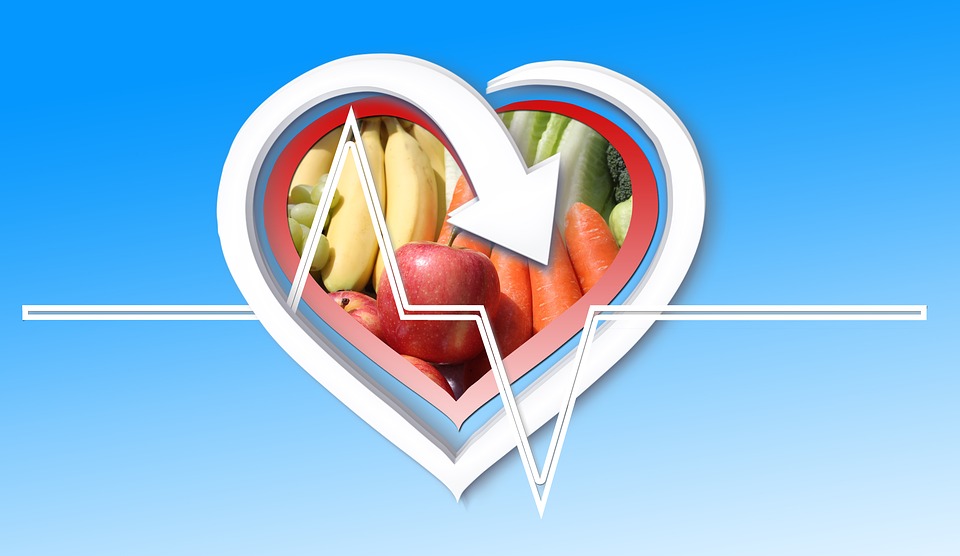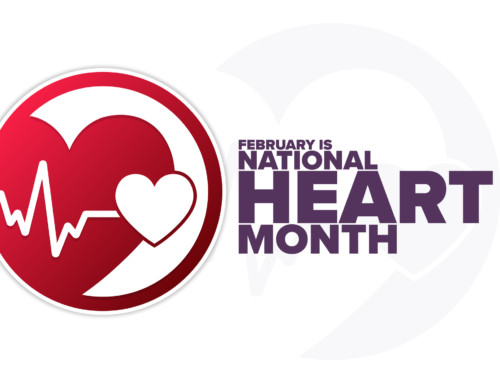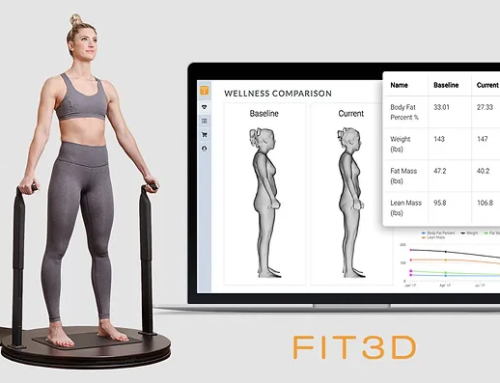Just a few small or simple changes to your lifestyle/diet can make a life changing impact on your heart.
Foods to include in a heart healthy diet…
Unsaturated fats
Monounsaturated fat
- Improves blood cholesterol levels
- May benefit insulin levels and blood sugar control
- Considered one of the healthiest fat sources in the diet and should make up the bulk of your daily fat intakeWhere to find Monounsaturated fats:– Olive oil, canola oil, peanut oil
– Most nuts (excluding walnuts), nut oils and nut butters
– Olives and avocados
Polyunsaturated fat
- This is a type of fat found mostly in plant-based foods and oils
- Improves blood cholesterol levels, which can decrease your risk of heart disease
- May also help decrease the risk of type 2 diabetesWhere to find Polyunsaturated fats:– Corn oil, Soybean oil, Safflower oil, Sunflower oil
– Flaxseeds and chia seeds
– Flax oil and flax seeds
– Walnuts
– Fish(salmon, mackerel, herring and trout)
Omega-3 fatty acids
- Lowers triglycerides
- Protecting against irregular heartbeats
- Lowering blood pressureWhere to find Omega-3’s
– Flaxseeds and chia seeds
– Flax oil and flax seeds
– Walnuts
– Fish(salmon, mackerel, herring and trout)Corn oi
**To reap the protective benefits of omega-3 fat, incorporate fish into at least 2 meals per week and add plant-based sources of omega-3, such as ground flaxseeds and walnuts, into your daily eating plans.
Foods to avoid in a heart healthy diet…
Trans Fat
- Artificial trans fats (or trans fatty acids) are created in an industrial process that adds hydrogen to liquid vegetable oils to make them more solid.
- Trans fats raise your bad (LDL) cholesterol levels and lower your good (HDL) cholesterol levels.
- Eating trans fats increases your risk of developing heart disease and stroke. It’s also associated with a higher risk of developing type 2 diabetes.
Trans fats are commonly found in:
– Stick margarine and shortening
– Packaged foods made with hydrogenated oils: Frozen pizzas, cookies, crackers, fried foods, etc.
Saturated Fat
- Eating foods that contain saturated fats raises the level of cholesterol in your blood.
- High levels of LDL cholesterol in your blood increase your risk of heart disease and stroke
Saturated fats are commonly found in:
– Red meat
– Sausage and bacon
– Whole milk
– Cream
– Butter
Cholesterol
- Limit the amount of cholesterol you eat to 200 milligrams/day
Foods containing high amounts of cholesterol:
– Egg yolks- 212 mg of cholesterol
– Fatty meats
– Whole milk
– Cheese
– Shrimp
– Lobster
– Crab
Sodium
- Goal: Eat less than 2,000 milligram
- Aim to consume foods with no more than 140 milligrams/serving
- Foods with more than 300 milligrams/serving should be saved for special occasions
- Remember to check the serving size
- Caution: When dining out be aware that restaurant foods can be high in sodium
- By decreasing sodium you can reduce fluid retention
- Helpful for high blood pressure, heart failure and kidney disease
Foods containing high amounts of sodium:
– Table salt (1/4 teaspoon = 600 mg)
– Processed foods such as canned foods, frozen dinners, instant cooking foods, lunch meats
– Ketchup, barbecue sauce, soy sauce, etc
**Tip: Use low sodium seasonings to spice things up such as: lemon juice, lime juice, pepper, hot sauce, onions, garlic, and salt-free seasoning like Mrs. Dash
Don’t forget that exercise is a very important part of keeping a healthy heart!
The American Heart Association Recommendations…
For Overall Cardiovascular Health
- At least 30 minutes of moderate-intensity aerobic activity at least 5 days per week for a total of 150OR
- At least 25 minutes of vigorous aerobic activity at least 3 days per week for a total of 75 minutes; or a combination of moderate- and vigorous-intensity aerobic activityAND
- Moderate to high-intensity muscle-strengthening activity at least 2 days per week for additional health benefits.
For Lowering Blood Pressure and Cholesterol
- An average 40 minutes of moderate to vigorous-intensity aerobic activity 3 or 4 times per week






